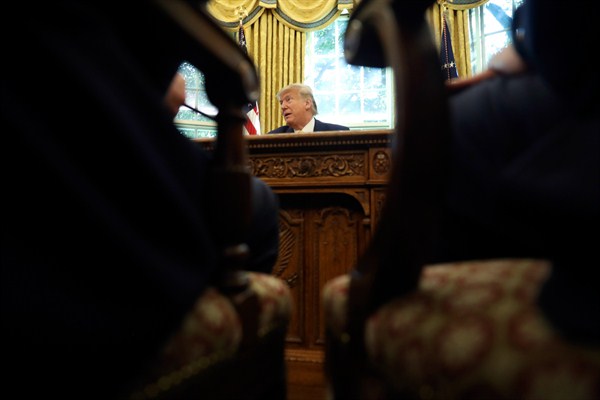If all had gone as planned this past weekend, President Donald Trump and Chinese leader Xi Jinping might have signed the “phase one” trade agreement that Trump billed as “the greatest and biggest deal ever made for our Great Patriot Farmers in the history of our Country.” The two leaders had been scheduled to meet and discuss the deal in Santiago, Chile, during the annual Asia-Pacific Economic Cooperation summit. But with street protests over economic policy and inequality rocking Chile, President Sebastian Pinera canceled the summit late last month, citing the “difficult circumstances” in the country and the priority of “fully restoring public order, security and social peace.”
While the venue for finalizing and signing the so-called phase one agreement is now up in the air, it is increasingly clear that the deal itself is too. Trump was way ahead of his negotiators when he played up the agreement with typically inflated rhetoric and announced it could be ready so soon. There are still several roadblocks.
Cancellation of the Santiago summit complicated the U.S.-China trade negotiations in two ways. First and most obviously, it removed the pressure to compromise that comes from having an announced deadline. Second, it introduced a new element in the negotiations by putting the location for the signing ceremony in play. Trump suggested last week that he hoped it could happen in the United States, floating Iowa as a possibility. Some observers thought Xi might be amenable to the idea, given his ties to the state. Xi has visited Iowa twice and even received a key to the small city of Muscatine on his first visit in 1985 as part of an agricultural delegation from China.

